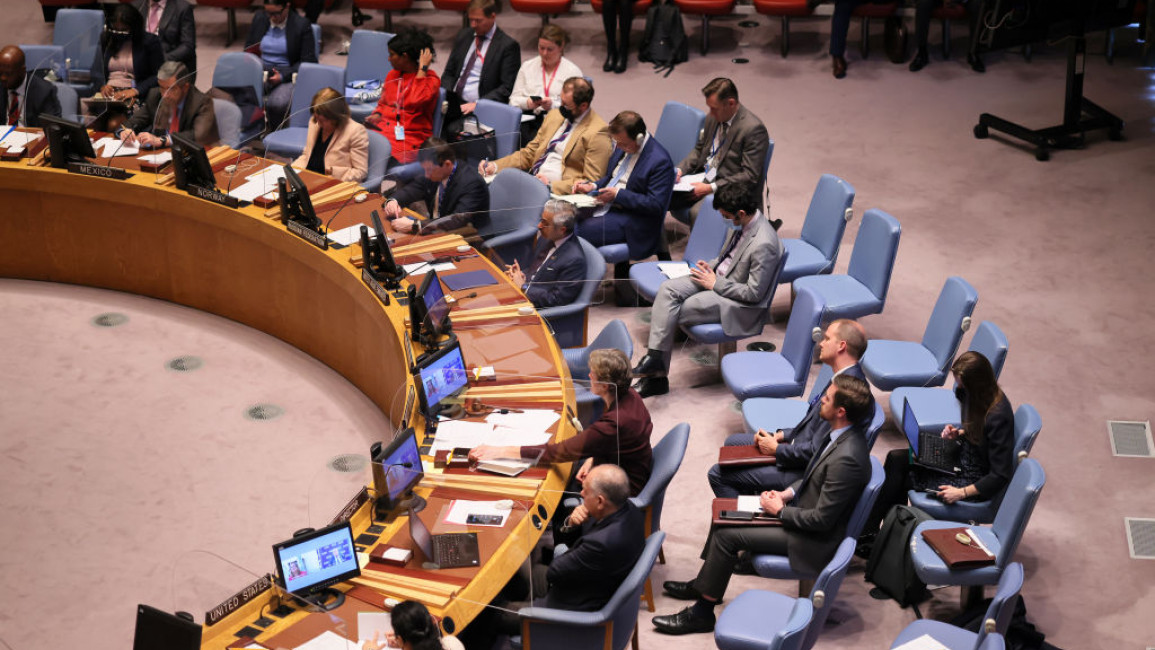UN votes to extend Libya mission by three months amid ongoing disputes between US-Russia
The UN Security Council voted unanimously on Friday to extend the UN political mission in Libya for three months, with the United States and Britain accusing Russia of blocking a longer and more substantive mandate that would include promoting reconciliation of the country’s rival governments now claiming power.
Russia’s UN Ambassador Vassily Nebenzia said Moscow insisted on a three-month extension to pressure UN Secretary-General Antonio Guterres to urgently appoint a new special representative to head the mission, known as UNSMIL. The former UN special envoy, Jan Kubis, resigned on November 23 after 10 months on the job.
Nebenzia said in the absence of a new envoy, the UN mission “has been unable to provide substantial support for the political process in Libya for more than six months.”
Britain's UN Ambassador Barbara Woodward, who oversaw negotiations on the resolution, said after the vote that “Russia has once again isolated itself by not joining consensus with the 14 other members of the council” who supported a one-year substantive mandate.
US deputy ambassador Jeffrey DeLaurentis said a short mandate “severely complicates” the UN’s ability to recruit a new head for the mission and “creates uncertainty for the Libyan people and their leaders over the Security Council’s commitment to Libya.”
The oil-rich North African nation plunged into turmoil after a NATO-backed uprising in 2011 toppled dictator Muammar Muhammad al-Gaddafi, who was later killed. It then became divided between rival governments — one in the east, backed by military commander Khalifa Hifter, and an UN-supported administration in the capital Tripoli. Each side is supported by different militias and foreign powers.



